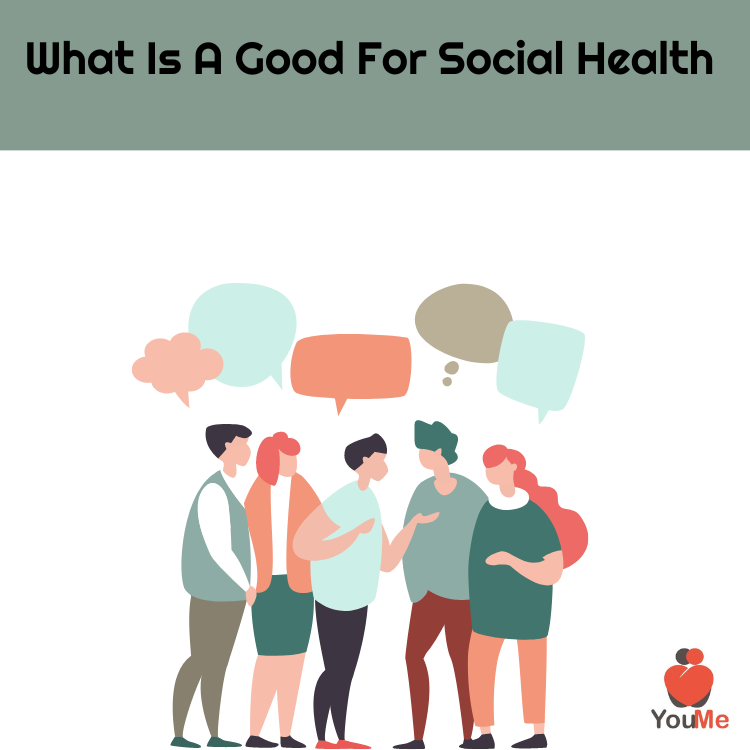what is good for social health?

Social health refers to the ability to form and maintain positive relationships, interact effectively with others, and contribute to a sense of belonging within a community. Here are some things that are good for social health:
-
Building and nurturing relationships: Developing meaningful connections with family, friends, and colleagues is crucial for social health. Invest time and effort into building strong relationships, listening actively, and offering support when needed.
-
Communication skills: Effective communication is essential for healthy social interactions. Develop skills such as active listening, empathy, and expressing yourself clearly and respectfully. Good communication enhances understanding and fosters positive relationships.
-
Joining social groups or clubs: Participating in social groups or clubs based on your interests can provide opportunities to meet new people and engage in activities you enjoy. It offers a common ground for interaction and shared experiences.
-
Volunteering and community involvement: Engaging in volunteer work or community activities not only benefits others but also helps you connect with like-minded individuals who share similar values. It provides a sense of purpose and fulfillment while contributing to the welfare of your community.
-
Balancing online and offline interactions: While technology and social media platforms can facilitate connections, it's important to maintain a balance between online and offline interactions. Make time for face-to-face interactions, as they tend to be more meaningful and deepen social bonds.
-
Practicing empathy and kindness: Empathy is the ability to understand and share the feelings of others. Cultivate empathy by putting yourself in others' shoes, actively listening, and offering support. Small acts of kindness and consideration can go a long way in building strong social connections.
-
Setting boundaries: It's important to establish healthy boundaries in your relationships. Clearly communicate your needs and expectations, and respect the boundaries of others. Setting boundaries helps maintain balance, prevent conflicts, and foster healthier relationships.
-
Seeking support when needed: Social health also involves recognizing when you need support and reaching out to trusted individuals or professionals. It's okay to ask for help and seek guidance during challenging times. Supportive relationships can provide emotional support and help you navigate difficulties.
Comments
No Comments!